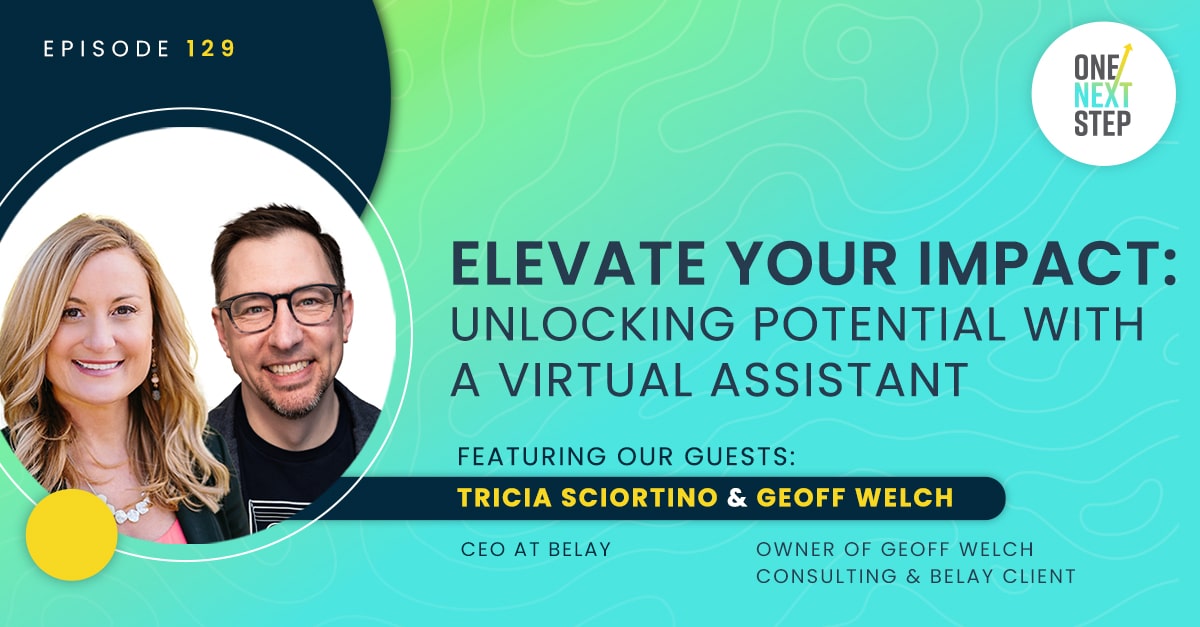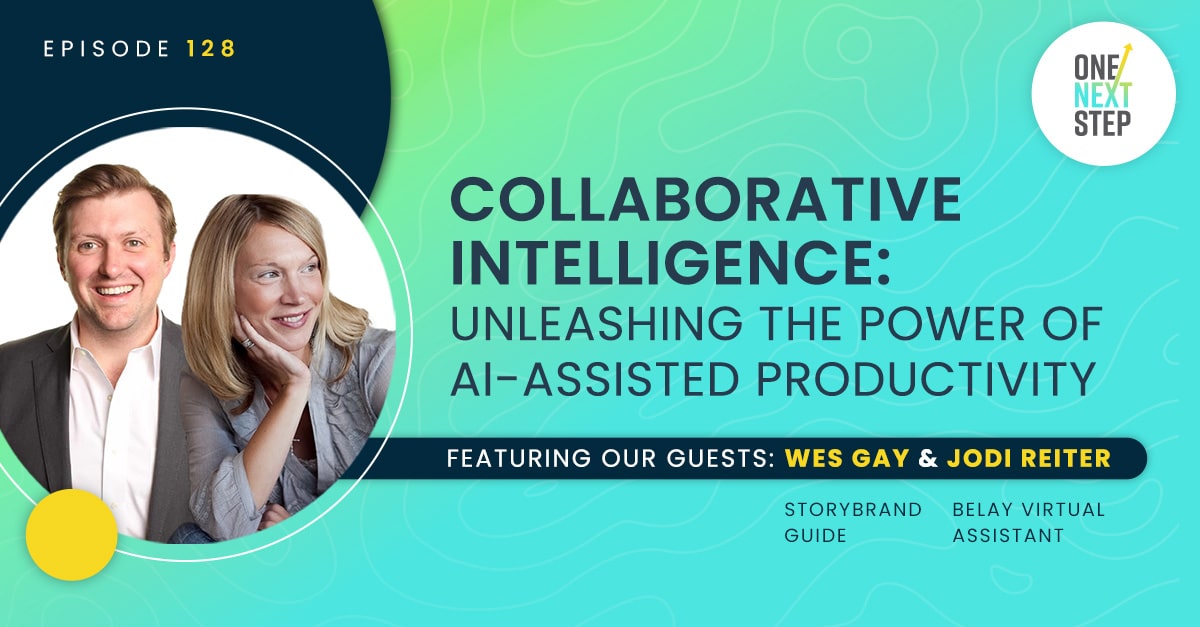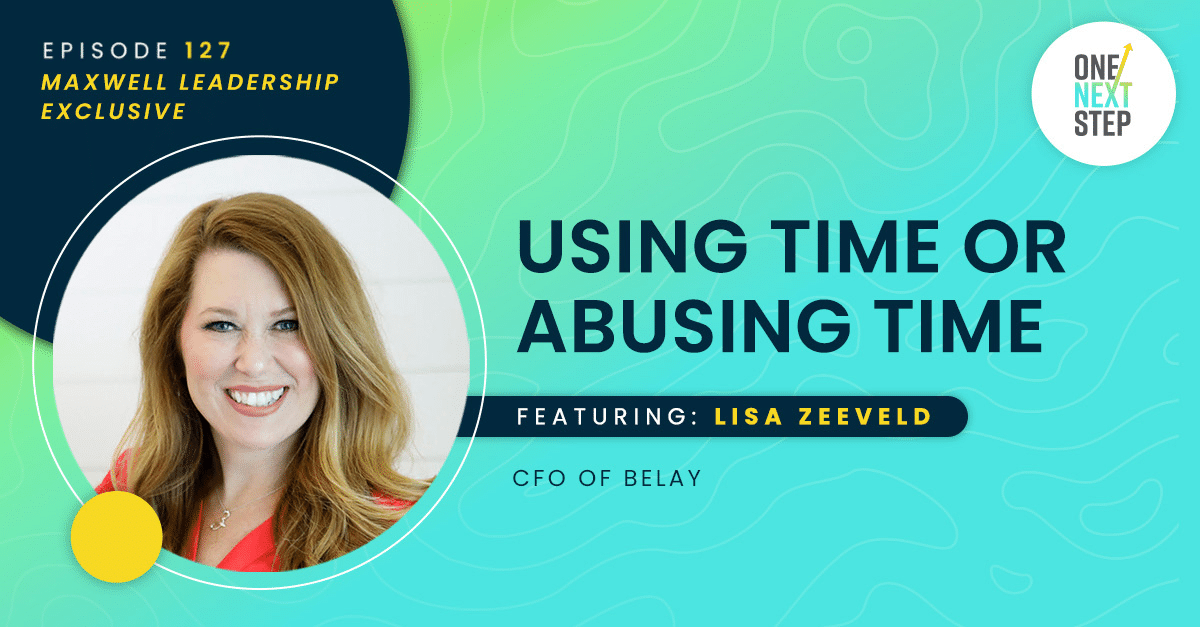1. Place a few big bets.
Continuous improvement is essential, but it’s not enough. You’re making modifications to your business today to win in the current business landscape. Unfortunately, the market is always changing, which means your improvements today and could be obsolete in a year. To ensure your organization is ready for what’s to come, you’ll need to strategically place a few big bets on where you see the market going so you can begin preparing yourself and your organization to meet your customers’ future needs.
2. Create a culture of innovation.
The future of your organization can be cultivated by more than the leader of the team. However, it’s hard to maximize contributions from the team when every new idea or solution is developed by chance. It’s impractical to wait for the right idea to be shared at the right time by the right person so the right decision-maker will hear it. Serendipity isn’t a strategy. Use or create a process for innovation that safeguards the organization from overly diffusing resources, decentralizes creativity to engage the entire team, and continually prepares the organization for the future.
3. Think big and start small.
Developing expensive, near-complete versions of our ideas and solutions often skews our perspective as leaders. We think about all the money and hours our organization spent on the idea, and we become more invested in the idea than the outcome. To give our heads level and reduce risk, prototype your ideas first in the simplest, fastest, and cheapest way possible. Surprisingly, by limiting your financial and time investment, you’ll also limit your emotional investment and empower yourself to make better decisions.
4. Require feedback.
As leaders, we’ve spent our career refining our intuition. However, our instincts are most useful in situations similar to something we’ve experienced before. The focus of innovation is doing something new, something your organization has never done before. So, if you want to trust your gut, do it while you’re developing your prototype. After that, require feedback from your team and, most importantly, your customers. The only to verify your solution works is to let the people who buy it use or experience it.



